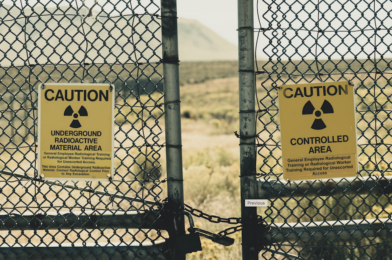In 2008, the world witnessed a financial crisis of unprecedented scale, largely precipitated by the collapse of the housing market. A significant contributor to this collapse was the widespread practice of offering home loans with no down payment, leading to a glut of homes that no one wanted to buy.
In 2015, a similar trend emerged in the tech financing landscape, where companies received seemingly infinite funding without a clear path to profitability. Just as it was problematic to allow home loans with $0 down, it is equally problematic to allow this kind of unprofitable investing culture.
The 2008 housing crisis was a stark lesson in the dangers of irresponsible lending. Banks and other financial institutions offered home loans with no down payment, leading to a surge in homeownership. However, when these homeowners were unable to keep up with their mortgage payments, the market was flooded with homes that no one wanted to buy. This led to a collapse in housing prices and triggered a global financial crisis.
Fast forward to today, and we see a similar trend in the tech financing landscape. Many tech companies, particularly in the Software as a Service (SaaS) sector, are no longer receiving vast amounts of funding for having no clear path to profitability. This trend is creating a new generation of toxic assets – tech companies that no one wants to invest in because they are not expected to turn a profit.
The solution to this problem is not to stop funding tech companies, but to ensure that this funding is given responsibly. Tech companies should be required to demonstrate a clear path to profitability before they can receive significant funding.
It’s time for the tech industry to learn from the mistakes of the past and take steps to ensure a more sustainable future.
